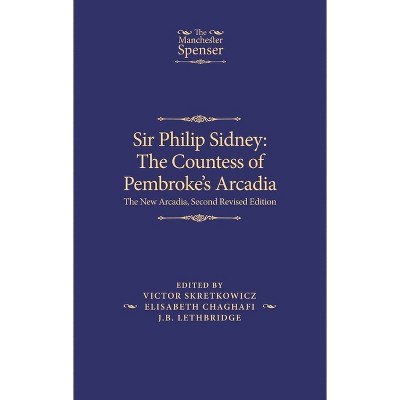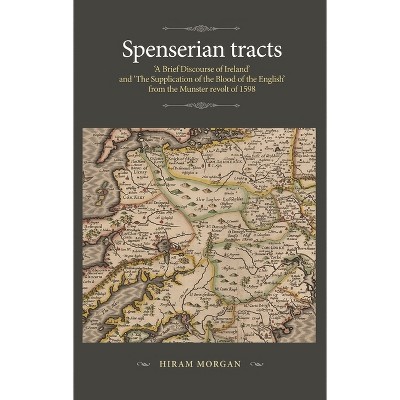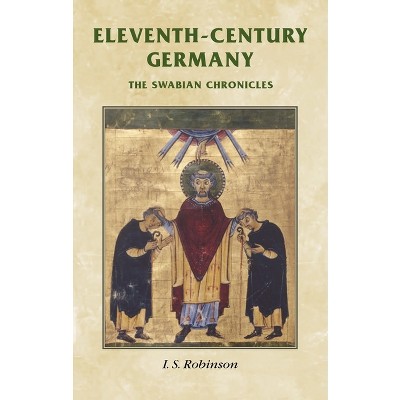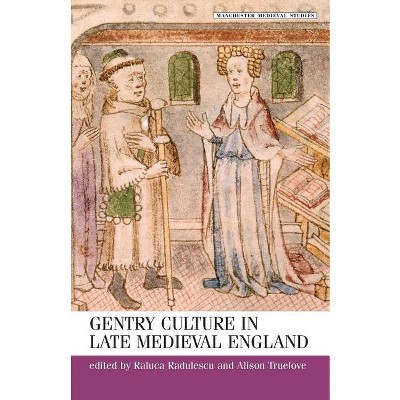About this item
Highlights
- Courteous Exchanges explores the significant overlap between Edmund Spenser's Faerie Queene and Shakespeare's plays, showing how both facilitate the critique of Renaissance aristocratic identity.
- About the Author: Patricia Wareh is professor of English at Union College
- 288 Pages
- Literary Criticism, Shakespeare
- Series Name: Manchester Spenser
Description
About the Book
This book offers new connections between Spenser and Shakespeare by showing how their works hone readers' and audiences' judgement about the social construction of aristocratic identity.Book Synopsis
Courteous Exchanges explores the significant overlap between Edmund Spenser's Faerie Queene and Shakespeare's plays, showing how both facilitate the critique of Renaissance aristocratic identity. Moving from a consideration of Castiglione's Book of the Courtier as a text that encouraged reader engagement, the book offers new readings of Shakespeare's plays in conjunction with Spenser. It pairs Love's Labour's Lost, Much Ado About Nothing, The Merchant of Venice, and The Winter's Tale with The Faerie Queene in order to explore how topics such as education, gender, religion, race, and aristocratic identity are offered up to reader and audience interpretation.From the Back Cover
Courteous Exchanges demonstrates the importance of courtesy as a discourse shaping reader and audience experiences in the English Renaissance. It focuses on significant correspondences between the works of Spenser and Shakespeare, but it also considers how Castiglione's Book of the Courtier provided these two authors with a rich mine of concepts and vocabulary and a predecessor in the art of encouraging reader engagement in these terms of analysis.
Wareh analyses Love's Labour's Lost, Much Ado About Nothing, The Merchant of Venice, and The Winter's Tale in tandem with The Faerie Queene, examining how such topics as education, gender, religion, race, and aristocratic identity are offered up to reader and audience interpretation. She suggests that Renaissance audiences and readers, through the reflections and responses provoked by this process, were led into a recognition of their overlapping roles as judges of texts and people. The habits of thought they thus developed supported a critical evaluation of the cultural fiction of inherited gentility and the social performance of courtesy that supports it. The book offers up novel connections between Spenser and Shakespeare, demonstrating that their works contributed to the social construction of Renaissance aristocratic identity, but they also provided tools for its critique.Review Quotes
'Courteous exchanges is a needed addition to not only Spenser studies and Shakespeare studies but also the study of courtly rhetoric and performance.'
--John Garrison, Renaissance and Reformation / Renaissance et Réforme
--Vincent Mennella, Spenser Review
About the Author
Patricia Wareh is professor of English at Union CollegeShipping details
Return details
Trending Fiction












